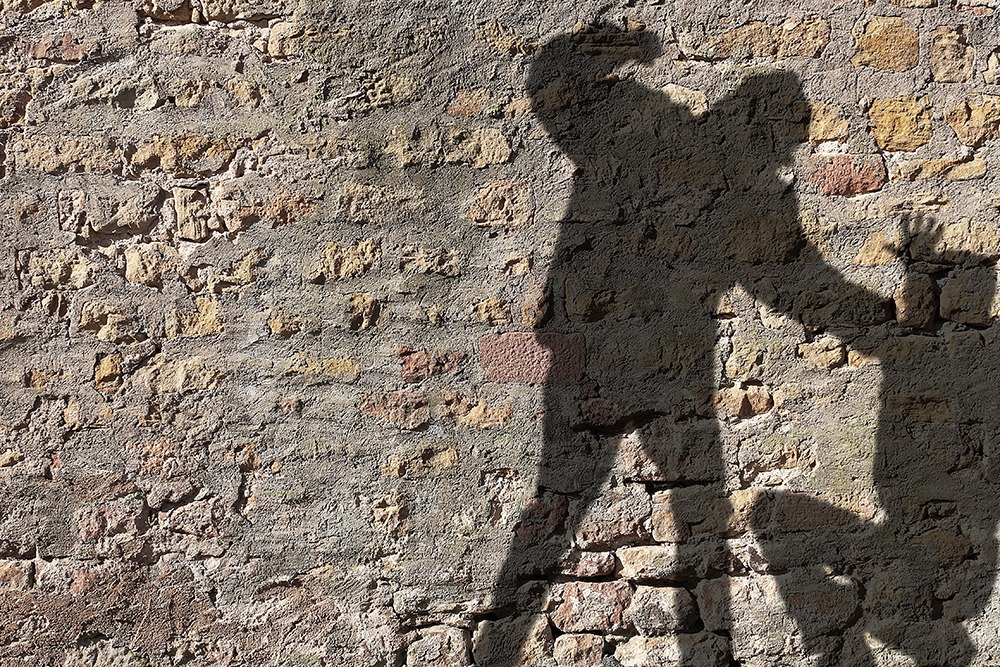Parking Lots Aren’t Always Safe: When Negligence Turns Deadly
Share:
Parking lots may seem like neutral, in-between spaces—just a stop between your car and your destination. But for many, they’re the scene of serious injuries and even violent crimes. From slipping on wet pavement outside a grocery store to being attacked in a poorly lit apartment complex lot, parking areas carry hidden risks.
The law recognizes this, and under premises liability, property owners and managers are required to maintain safe conditions for visitors. When they don’t, accidents and assaults become foreseeable—and legally actionable. Let’s break down how parking lot hazards lead to injuries, when property owners can be held liable, and what victims can do to protect their rights.
Slips, Trips, and Falls: The Most Common Parking Lot Accidents
Slips and falls might sound minor, but they’re actually one of the most common and costly types of parking lot accidents. Parking lots are high-traffic zones exposed to constant wear, weather, and spills. Uneven pavement, hidden potholes, cracks, poor drainage, and even loose gravel can all cause someone to lose their footing. Rain or oil spills often make the situation worse, especially when maintenance crews fail to respond quickly.
For victims, the consequences can be serious: broken hips, concussions, spinal cord injuries, or torn ligaments that lead to long recoveries and expensive medical bills. The danger is especially acute for older adults, who are more likely to suffer life-altering injuries from a single fall.
Pro Tip: If you’re injured in a fall, document everything—take photos of the hazard, request incident reports from the business, and gather witness statements before the evidence disappears.
Poor Lighting: A Recipe for Accidents and Crime
Good lighting is one of the simplest, cheapest ways to prevent both accidents and crimes in parking lots. Yet many property owners cut corners by skimping on adequate lighting. Dimly lit areas make it harder for drivers to see pedestrians and pedestrians to spot potholes, puddles, or debris. This lack of visibility dramatically increases the risk of both accidental injuries and criminal activity.
Beyond accidents, criminals actively target dark lots. Assaults, robberies, and carjackings are far more likely when poor lighting gives attackers cover. Florida courts have repeatedly recognized that when prior incidents occur, property owners must take steps like adding lighting or cameras.
Negligent Security: When Property Owners Ignore Crime Risks
Parking lots often serve as crime hubs when owners fail to provide basic security. Apartment complexes, hotels, shopping malls, and entertainment venues are especially vulnerable since they attract high foot traffic. A property’s duty isn’t limited to fixing physical hazards—it also extends to protecting guests from foreseeable criminal acts. Examples of negligent security include:
- Failing to install or monitor security cameras.
- Not hiring security guards despite known crime patterns.
- Leaving gates broken or parking areas accessible to trespassers.
- Ignoring reports of previous robberies, assaults, or car thefts.
Pro Tip: If you’ve been the victim of a crime in a parking lot, get a copy of the police report and find out whether prior incidents were reported at the same location. A history of crime is powerful evidence of negligent security.
When Is a Property Owner Liable?
Premises liability doesn’t mean property owners are automatically responsible for every accident or crime. The key is foreseeability—whether the owner knew or should have known about the danger and failed to fix it.
In Florida, to prove liability, a victim typically must show that:
- The owner had a duty of care to keep the parking lot reasonably safe.
- The owner knew or should have known of the dangerous condition.
- The owner failed to correct or warn about the hazard.
- The victim’s injuries were directly caused by that failure.
For example:
- If a store ignored repeated complaints about potholes, and someone broke their ankle in one, liability likely applies.
- If an apartment complex knew about robberies but didn’t hire security or fix lighting, they may be responsible for an assault.
How Victims Can Protect Their Rights
After an accident or assault in a parking lot, victims are often overwhelmed. Medical treatment, lost work time, and trauma can make it hard to know what to do next. But taking immediate steps can preserve your right to compensation. Steps to take include:
- Get medical help right away—even if injuries seem minor.
- File an incident report with the property owner or manager.
- Photograph the scene, hazards, and lighting conditions.
- Collect witness names and contact information.
- Consult a premises liability lawyer quickly to preserve evidence.
Important Note: Florida recently shortened its statute of limitations for most personal injury cases to two years. Delaying action could mean losing your right to sue.
Final Thoughts
Parking lots shouldn’t feel dangerous, but too often they are. When property owners ignore basic responsibilities—like filling potholes, providing proper lighting, or hiring security—they put visitors at risk of both serious injuries and violent crimes.
Premises liability law is clear: property owners who fail to maintain safe parking lots can and should be held accountable. If you’ve been injured or attacked in a parking lot, you may be entitled to compensation for your medical bills, lost wages, pain and suffering, and more.
Injured in a Parking Lot? It Might Not Be Your Fault.
Slips, falls, assaults—parking lots can be more dangerous than you think. Property owners in Florida have a legal duty to keep parking areas safe with proper maintenance, lighting, and security. When they fail, victims may have the right to compensation.
- Call us at (239) 422-6400
- Email us at contact@dufaultlaw.com
- Or Visit our Contact Page to schedule a consultation



Comments are closed